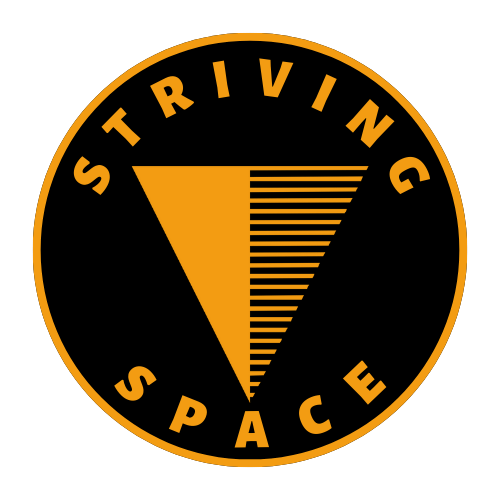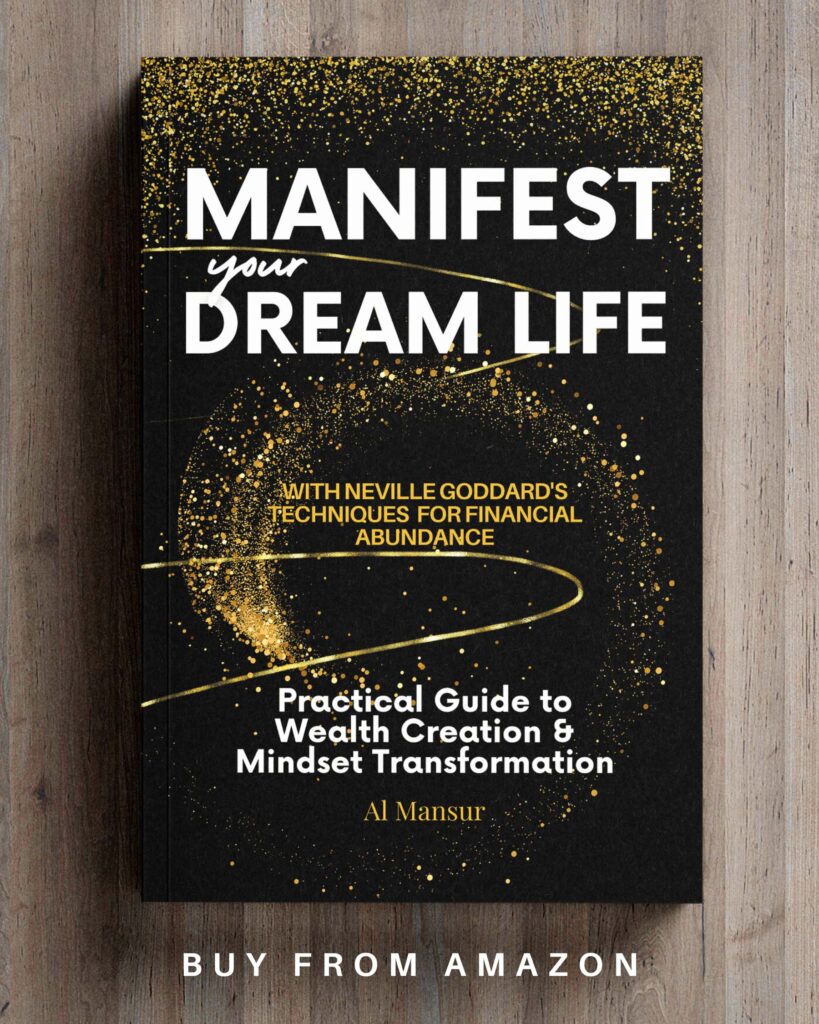- How to Write a Killer Resume for a Fancy Job, Even if You’re Fresh Out of College
- Free Killer Resume Template for Fresh Graduates to Nail The Job Interviews
Landing a fancy job can be competitive, especially if you’re a college graduate or have limited work experience. However, with a killer resume (well-written resume), you can increase your chances of standing out from the crowd and getting noticed by potential employers.
This guide will teach you how to write a good and standout resume for a Writer Editor position, even if you’re a college graduate or have limited work experience. But before we start, is Writer Editor fancy enough as the example for a fresh graduate?

Yes, a writer editor is a fancy enough job title for a fresh graduate, although it may be competitive to get a job in this field without experience.
A writer editor is responsible for creating and editing written content, such as blog posts, articles, marketing materials, and social media posts. They may also be responsible for managing content management systems and social media platforms.
Writer editors need to have strong writing and editing skills, as well as be able to research topics and write clear, concise, and informative copy. They should also be able to work independently and meet deadlines.
Here are some of the tasks that a writer editor may perform:
- Write and edit blog posts, articles, marketing materials, and social media posts
- Research topics and gather information
- Develop and implement content marketing strategies
- Manage content management systems and social media platforms
- Proofread and edit content for accuracy and grammar errors
- Collaborate with other team members to create and publish content
Alright, after we know what the Writer Editor position is, let’s continue our discussion. In this article we’ll cover the following topics:
- How to write a strong resume summary
- How to highlight your skills and experience
- How to tailor your resume to the specific job you’re applying for
- How to format your resume for easy reading
- Tips for proofreading your resume

How to Make a Killer Resume for a Writer Editor Position
Step 1: Write a Strong Resume Summary
Your resume summary is a brief overview of your skills and experience. It should be no more than a few sentences long and should highlight your most relevant qualifications for the writer editor position.
Here is an example of a strong resume summary for a writer editor position:
Writer and editor with 2+ years of experience in developing and delivering engaging content for a variety of audiences. Proven ability to research, write, and edit clear, concise, and informative copy. Expertise in digital content management systems and social media platforms.
Step 2: Highlight Your Skills and Experience
In the skills and experience section of your resume, you should list all of your relevant skills and experience, including both hard skills (such as proficiency in specific software programs) and soft skills (such as communication and teamwork).
If you’re a college graduate, you can also include relevant coursework and projects in this section. For example, if you took a class on content marketing, you could list that as a skill. Or, if you worked on a student newspaper or magazine, you could list that as experience.
Here are some examples of skills and experience that are relevant to a writer editor position:
- Writing and editing skills:
- Ability to write clear, concise, and informative copy
- Experience with different writing styles, such as blog posts, articles, marketing materials, and social media posts
- Ability to edit and proofread copy carefully
- Research skills:
- Ability to conduct research on a variety of topics
- Ability to gather and analyze information from a variety of sources
- Technical skills:
- Proficiency in digital content management systems, such as WordPress
- Experience with social media platforms, such as Twitter, Facebook, and LinkedIn
- Soft skills: important for fresh graduate, not really necessary for more experienced candidates.
- Communication skills
- Teamwork skills
- Ability to meet deadlines
Step 3: Tailor Your Resume to the Specific Job You’re Applying For
When tailoring your resume to a specific job, be sure to read the job description carefully and highlight the skills and experience that are most relevant to the position. You can also use keywords from the job description throughout your resume.
For example, if the job description mentions that the ideal candidate will have experience with social media, be sure to highlight your social media skills in your resume. You could also mention specific social media platforms that you have experience with, such as Twitter, Facebook, and LinkedIn.
Step 4: Format Your Resume for Easy Reading
Your resume should be formatted in a way that is easy for potential employers to read. Use a clear and concise font, and avoid using too much formatting. Be sure to also proofread your resume carefully for any errors in grammar or spelling.
Here are some tips for formatting your resume:
- Use a simple font, such as Arial or Times New Roman.
- Use a font size of 11 or 12 points.
- Use bold and italics sparingly.
- Use white space to make your resume easy to read.
- Use clear and concise language.
- Proofread your resume carefully.
Step 5: Proofread Your Resume
Before submitting your resume to a potential employer, be sure to proofread it carefully for any errors in grammar or spelling. You can also ask a friend, family member, or colleague to proofread your resume for you.
Tips for Candidates with Short Working Experiences
- Emphasize your transferable skills. If you don’t have direct experience in the writer editor field, be sure to highlight your transferable skills. Transferable skills are skills that can be applied to a variety of jobs, such as communication, teamwork, and problem-solving.
Quantify your accomplishments. Whenever possible, quantify your accomplishments in your resume. This means using numbers and metrics to show the impact of your work. For example, instead of saying “increased website traffic,” you could say “increased website traffic by 20%.
Here are some examples of quantified accomplishments:
- Increased website traffic by 20% in 6 months
- Wrote and published 100+ blog posts in 1 year
- Managed a team of 5 social media editors and increased followers by 50% in 1 year
- Edited and proofread 1 million words of copy in 1 year
- Received a 95% client satisfaction rating

Use keywords throughout your resume.
When applying for jobs online, your resume will likely be scanned by an applicant tracking system (ATS) for keywords. Be sure to use keywords from the job description throughout your resume.
Here are some tips for using keywords in your resume:
- Include keywords in your resume summary, skills section, and work experience section.
- Use a variety of keyword variations. For example, if the job description mentions “content marketing,” you could also use keywords such as “content creation,” “SEO writing,” and “social media marketing.
- Avoid keyword stuffing. Keyword stuffing is when you overuse keywords in your resume in an attempt to trick the ATS. This can actually hurt your chances of getting an interview.
Get feedback on your resume. Ask a friend, family member, or career counselor to review your resume and give you feedback. This can help you identify any areas that need improvement.
Final thoughts
Be confident that you can create a good and standout resume for a fancy job position, even if you’re a college graduate or have limited work experience. Be sure to highlight your skills and experience, tailor your resume to the specific job you’re applying for, and format your resume for easy reading.
Some additional tips for a candidates with short working experiences:
- Network with people in the industry. Attend industry events, reach out to people on LinkedIn, and ask for informational interviews. This is a great way to learn more about the industry and make connections with potential employers.
- Build a portfolio of your work. If you don’t have any professional experience, you can create a portfolio of your work by writing blog posts, creating social media content, or editing other people’s work. This will give potential employers a chance to see your skills and experience in action.
- Be prepared to answer questions about your limited experience. When interviewing for jobs, be prepared to answer questions about your lack of professional experience. Be honest about your experience and highlight the transferable skills that you have.
By following these tips, hopefully you can increase your chances of landing your dream job, even if you’re a college graduate or have limited work experience. There’s no guarantee, but I think YOU’LL GOOD TO GO!
Step 6? Let’s actually create the resume.







